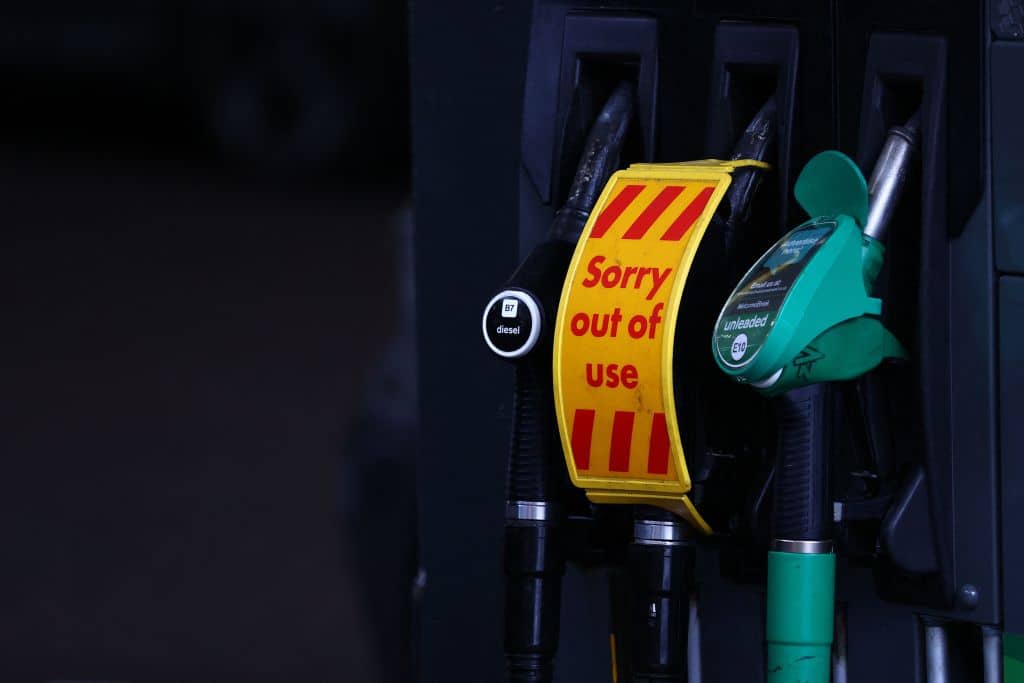Economic liberals may feel vindicated by events of the past fortnight. It turns out energy price caps, limits on immigration, over reliance on wind power and IR35 – the taxman’s crackdown on contractors – are all bad ideas, just as they had forewarned.
Those same free marketeers may experience a strong temptation to enjoy the schadenfreude. In 2017, some insisted that the only good argument for energy price caps was the Leninist principle of ‘the worse, the better,’ as the move would bring forward the day when the entire policy collapsed. But governments bought into the baseless narrative propagated at the time that energy companies were greedy, price gouging profiteers, and since 2019 a cap on unit prices for consumers has been in place. For energy companies, this makes new customers much less profitable.
Our energy market has been regulated and taxed to such a degree that it’s questionable whether it can be even called a market anymore. Two decades of interventions have left it incapable of responding to global shortages. Investors are more likely to make a decent return if they can predict how government will choose to legislate, or which ‘winners’ it will choose to back.
At the same time, the evidence for free market capitalism has never been so overwhelming
Free marketeers warned about an over-reliance on wind power, and saw fracking as a huge opportunity. When the Prime Minister claimed that Britain would become the Saudi Arabia of wind, critics described it as fantasy, pointing out that the value of the UK wind industry is about £7.5bn a year while the Saudi petroleum sector is worth roughly £223bn. There’s no denying that low output from wind power this month has been a contributing factor in the current crisis.
Many economic liberals also challenged the government’s decision to bring in a points-based immigration system, fearful that it would put too much power in the hands of central government. Businesses require a variety of workers, they said, with a range of skills and salary expectations – and they are better placed than Whitehall officials to decide what they need. The current ‘shortage occupation’ list includes ‘artists’ but not chefs, even though the latest vacancy data suggests we need over 35,000 of them. We’re down a fair few HGV drivers, too.
And the latter has been exacerbated by the rollout of IR35 to the private sector. Designed to clamp down on contractors who are employees in all but name, IR35 hasn’t worked throughout its 20-year history, and many free marketeers pushed against the changes. Despite the House of Lords Finance Sub-Committee publishing a damning report on the reforms, they came into force in April this year.
The Committee stressed that the government had not sufficiently analysed the unintended consequences: that contractors had been laid off despite the delay to implementation. Many witnesses told the Committee that the rules have made them ‘zero rights employees’. Others pointed out that it would expand our Byzantine tax code – now 12 times the size of the King James Bible. And in July this year, the Road Haulage Association wrote to the Prime Minister:
‘The introduction of IR35 [reform] has resulted in agency labour withdrawing their services… Low-profit margin logistics businesses (typically 2-3 per cent) cannot sustain demands for £5-£6 per hour rate increases.’
The trouble is, it’s not enough to be right when the Overton Window has swung so far left. The Conservative party is dominating politics by emphasising tradition and retreating from its free market positions. Look at its response to the European Super League in the summer. Or Boris Johnson’s demand at the weekend for a pay rise for lorry drivers. IR35 is just one silk strand in our tangled web of employment tax and regulation: the state now controls hiring and firing procedures, entry into pension schemes, the number of holidays, sick pay, maternity pay, the number of hours that can be worked; the list goes on.
At the same time, the evidence for free market capitalism has never been so overwhelming. In the past three decades, the global spread of free enterprise and the retreat of socialism have lifted hundreds of millions of people out of poverty. Yet IEA polling earlier this year found that 67 per cent of young people want a socialist economic system. So rather than press the case for a transfer of power away from ruling state elites to ordinary men and women, the Tories will probably continue to tack steadily left on economics. They’ll also keep expanding the nanny state, and with its chameleonic quality will convince itself that’s what it has always believed. The past fortnight may have proven the free marketeer’s worldview, but it’s no gloating matter.






Comments